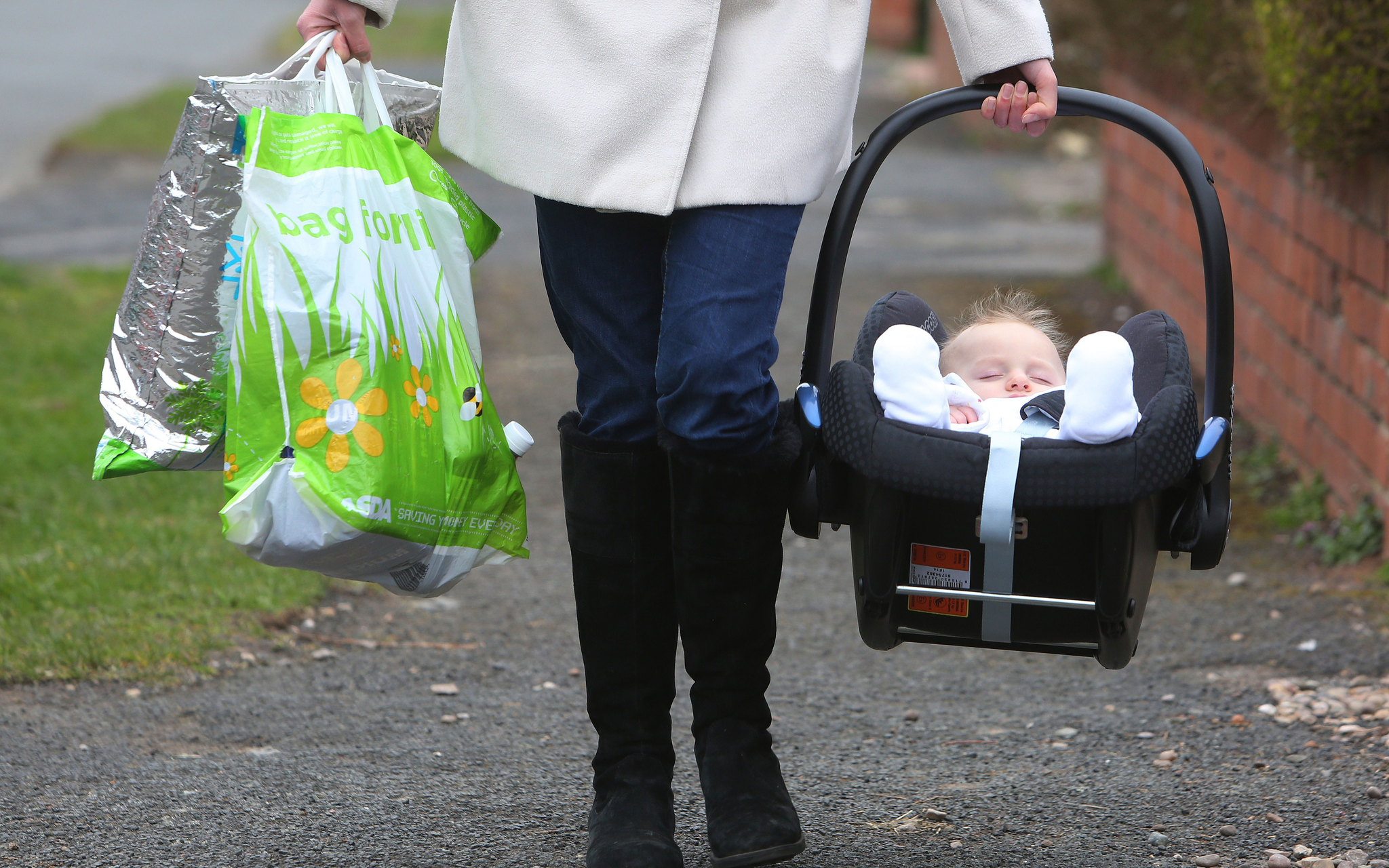Some tax credits recipients will keep only 7p of every extra pound earned, says new analysis
It found that in the current financial year, they lose 90.6p of every extra pound they earn - But after the Budget cuts take effect, the figure would rise to 93p

Your support helps us to tell the story
From reproductive rights to climate change to Big Tech, The Independent is on the ground when the story is developing. Whether it's investigating the financials of Elon Musk's pro-Trump PAC or producing our latest documentary, 'The A Word', which shines a light on the American women fighting for reproductive rights, we know how important it is to parse out the facts from the messaging.
At such a critical moment in US history, we need reporters on the ground. Your donation allows us to keep sending journalists to speak to both sides of the story.
The Independent is trusted by Americans across the entire political spectrum. And unlike many other quality news outlets, we choose not to lock Americans out of our reporting and analysis with paywalls. We believe quality journalism should be available to everyone, paid for by those who can afford it.
Your support makes all the difference.Some people on tax credits will keep only 7p of every extra pound they earn following the cuts announced in last month’s Budget, a new analysis has revealed.
The finding by officials in the House of Commons Library could put a question mark over George Osborne’s claim that his measures will “make work pay.” Labour asked the officials to calculate the amount of state benefits someone would lose as their income rises if they earn more than the £10,600-a-year personal tax allowance and receive tax credits and housing benefit.
The Library found that in the current financial year, they lose 90.6p of every extra pound they earn. But after the Budget cuts take effect next April, the figure would rise to 93p. For people not on housing benefit, the amount of the extra earnings lost is 73p in every pound in the current year and 80p from April.
Chris Leslie, the shadow Chancellor, told The Independent: “Many people are going to get a real shock in April. Quite a lot of people will be earning only 7p for every pound they earn. That is a massive disincentive to work. It will cause people to say: why should they bother?”
He added: “We want people to bother and to be supported to get better jobs and salaries. To have that level of clawback is a really big design flaw the Chancellor will regret.” Labour is opposing cuts to working tax credits.
It is not yet known how many of the 5m people who draw housing benefit will be affected. Its cost taxpayers about £25bn a year.

A Treasury spokeswoman said last night (sun): “The changes unveiled at the Summer Budget mean that work will always pay more than a life on benefits. Work incentives were improved for more than half a million claimants taken off tax credits, and once everyone has entered Universal Credit, the worst marginal deduction rates over 90 per cent will be entirely eliminated.”
Ministers insist the tax credit changes will not affect the improved work incentives under Universal Credit as it is phased in over the next few years. Marginal deduction rates will not exceed 76 per cent for basic rate taxpayers and 65 per cent for those not paying tax.
The Office for Budget Responsibility expects Mr Osborne’s £9-an-hour national living wage by 2020 to benefit up to 2.7m people directly, with another to 6m seeing their pay rise as the knock-on effects are felt higher up the earnings scale. But the Institute for Fiscal Studies has said a £4bn boost to earnings from the living wage cannot compensate for £12bn of welfare cuts, about £6bn of which will be found from tax credits.
Join our commenting forum
Join thought-provoking conversations, follow other Independent readers and see their replies
Comments